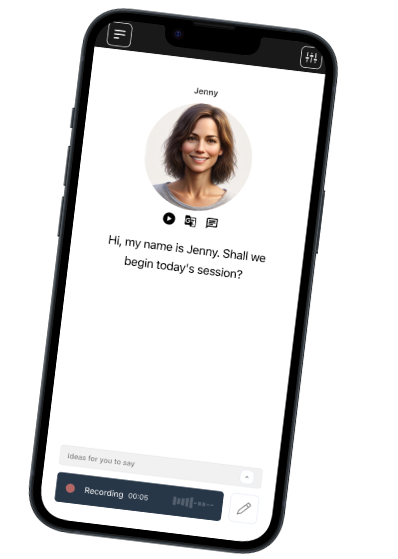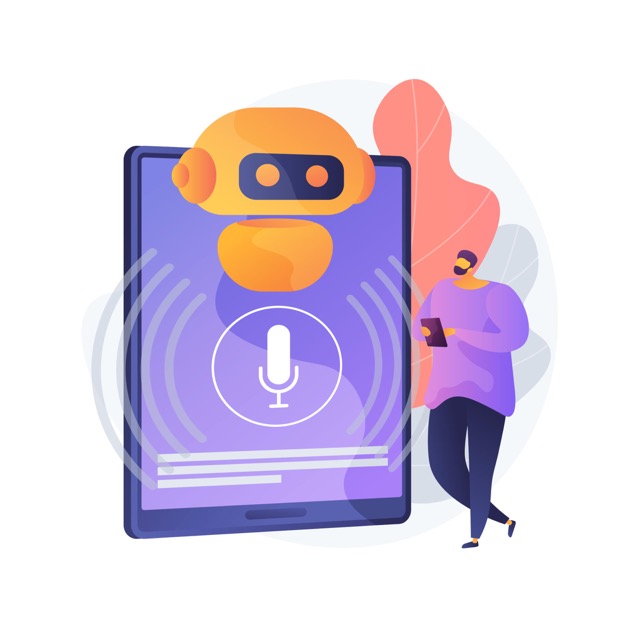Founded in Denmark. We respect your privacy.
Join a worldwide community of language learners
Why Language Apps Can’t Agree on Grammar: What Every Learner Needs to Know About Competing Rules
Last updated on
Did you ever notice how one language app says “I have gone” is correct, but another marks it wrong in the same exercise? Or perhaps you’ve wondered why your Spanish app insists on “vosotros” while your class never mentions it. If you’ve felt lost between competing apps, textbooks, or teachers, you’re not alone! There’s a fascinating reason why grammar rules often clash—one that can make or break your progress as a language learner. Hang tight, because by the end of this post, you’ll discover a surprising insight that will change how you approach grammar forever.
The Myth of One ‘Correct’ Grammar
First, it’s important to realize that grammar isn’t a single, rigid set of rules. Languages—especially global ones like English, Spanish, or French—constantly evolve. As people in different regions use language in everyday life, new rules emerge, old ones fade, and some linger awkwardly. For example, British English often uses “at the weekend” while American English prefers “on the weekend.” Both are correct, just in different contexts.
How Language Apps Teach Grammar
Language learning apps and courses typically base their lessons on a particular variety of a language. They might choose Iberian Spanish over Latin American Spanish, or standard British English over American English. Each app has editorial teams, teachers, and even AI models choosing what’s “standard”—but this can differ widely! That’s why you might get different answers to what seems like the same question.
Regional Dialects—and Why They Matter
A big reason for competing rules is dialectal variation. For instance, Portuguese spoken in Brazil differs from that in Portugal—not just in vocabulary, but in grammar too. Apps have to decide which audience they serve, so two apps might both be correct, depending on your learning goals. As you encounter more real-world speakers, these regional differences become especially obvious and important.
The “Living Language” Effect
Another factor is how quickly language changes. New ways of speaking or writing (internet slang, borrowed words, simplified structures) can spread rapidly. Some apps rush to adopt these; others stick with traditional rules. This tension creates moments where your app and your old textbook contradict each other. Even native speakers argue about what’s correct!
What Should Learners Do?
The best strategy? Pay attention to context. If you’re planning to live or work in a specific region, look for resources that match that language variety. Try to expose yourself to different accents, grammar forms, and vocabulary. Practice with real conversations—using platforms like Talkio can connect you with AI-driven feedback tailored to your target dialect and communication needs.
Finally, here’s the big reveal: even experts and native speakers often disagree on grammar. And that’s not a flaw in language apps—it’s a reminder that language is a living, breathing thing. Instead of fretting over “the” correct answer, focus on being understood and understanding others. Embrace the diversity of grammar rules, and you’ll find your language journey becomes a lot less stressful—and a lot more rewarding.
Talk Your Way
to Fluency

Talkio is the ultimate language training app that uses AI technology to help you improve your oral language skills!
Try Talkio


